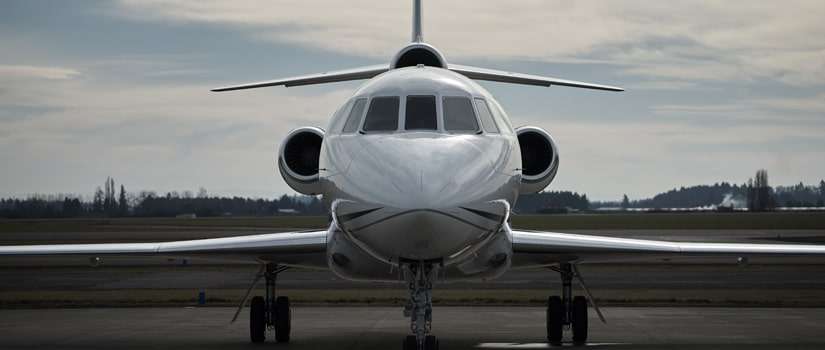The aviation industry had always a transformational history. The changes it has come along was always unexpected and brought a lot of things about it. Changes like competition, rising fuel costs, changing business models, escalating customer expectations, increasing regulatory oversight, catastrophic weather events, and rapid technological development. These changes are always been together with the aviation industry. Thus, you can say there was never a better time for aviation. According to a record, the industry gained a profit of $38 billion in 2017. The environment business is surviving and challenging as well. As there are many things to come in the future with the trend digitalization. Technology is going to be the ride and drive the aviation industry.
Also Read: A Guide to ADSO Functions in SAP BW4HANA
These are few technology drivers that the aviation industry should consider for the near future.
Internet of Things (IoT): The aviation industry relies largely on connection with numbers of a part being connected and IoT is the best thing to hold them together. IoT provides an opportunity for aviation technology to connect the parts and make them work precisely with accurate results. For example, baggage tracking, motorized and un-motorized, enhanced operations and smart airports. The bill can be generated in real time as soon as an aircraft been fueled, this will eliminate the manual billing process that has always been delayed and with the chances of inaccuracies. Another example about airlines are using the sensors on aircraft than by applying AI and ML that determines whether there is something wrong, so it can be easily fixed and thus reducing downtime. This kind of accuracy with real-time data will provide airline administrators the ability to control workflows and get some potential performance which will improve the assets. Yet there are more considerations that would show IoT as a solution.
Machine Learning(ML) and Artificial Intelligence(AI): ML and AI are still yet to bring the diversifying effect to aviation as still the central focus is been missed. They can bring real interventions in operations automation, fuel consumption optimization, different insights based on destinations, flight loads, atmospheric forecasting, predictive insights, etc. Facial recognition technology that will be automated for check-ins and can match to their luggage. These capabilities will reduce congestion improve customer and airport experience by providing more value.
Data security and surveillance: Data has always been a major concern and fundamental to understanding customers with consumption patterns. Day by day the world is becoming cautious about their data as to where they are collected, stored, shared and ultimately how are they used. There should be systems that secure the data would be the prime concern for aviation industries as the breaching of the data would be distrust for even for the business outcomes. So, the data should be kept secure from attacks and misuse.
Thus, these technologies drivers would drive the business for aviation industries at another level. More advanced and secure focusing more on customers centric values. The dream of Wright brothers of flight would be more techno-driven in future. So the future of Aviation industry is really going to take a great flight.


